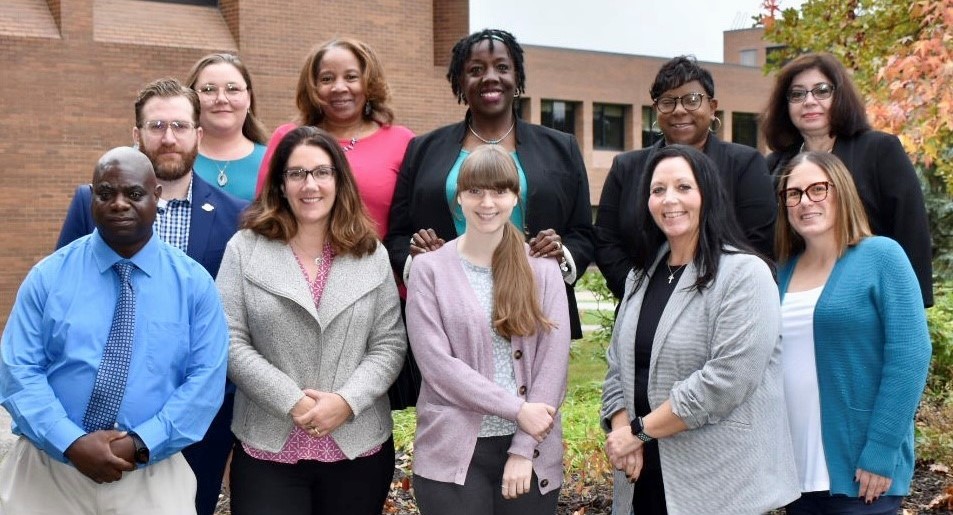Student Accessibility Services (SAS)


The Americans with Disabilities Act (A.D.A.) defines a disability as any mental, physical or learning condition that substantially limits any major life function. The A.D.A. mandates access to higher education for those self-identifying as disabled. Student Accessibility Services at Tri-C serves more than 1,500 students and visitors with disabilities annually.
Students choose Tri-C for its ongoing commitment to serving their needs.
The Student Accessibility Services Program supports students with disabilities at any Tri-C campus, site, location or online course. Common disability types include learning disabilities, sensory limitations, psychiatric conditions, physical mobility conditions and chronic health issues. All matters related to a person’s disability are kept confidential.
To receive services, students must schedule an intake appointment with an Student Accessibility Services advisor and provide documentation of disability.
Typical academic disability accommodations include extended time for testing, assistive technology, sign language interpreters, disability advising, advocacy and referral to appropriate College programs and community agencies.
Having Trouble Finding What You Need?

